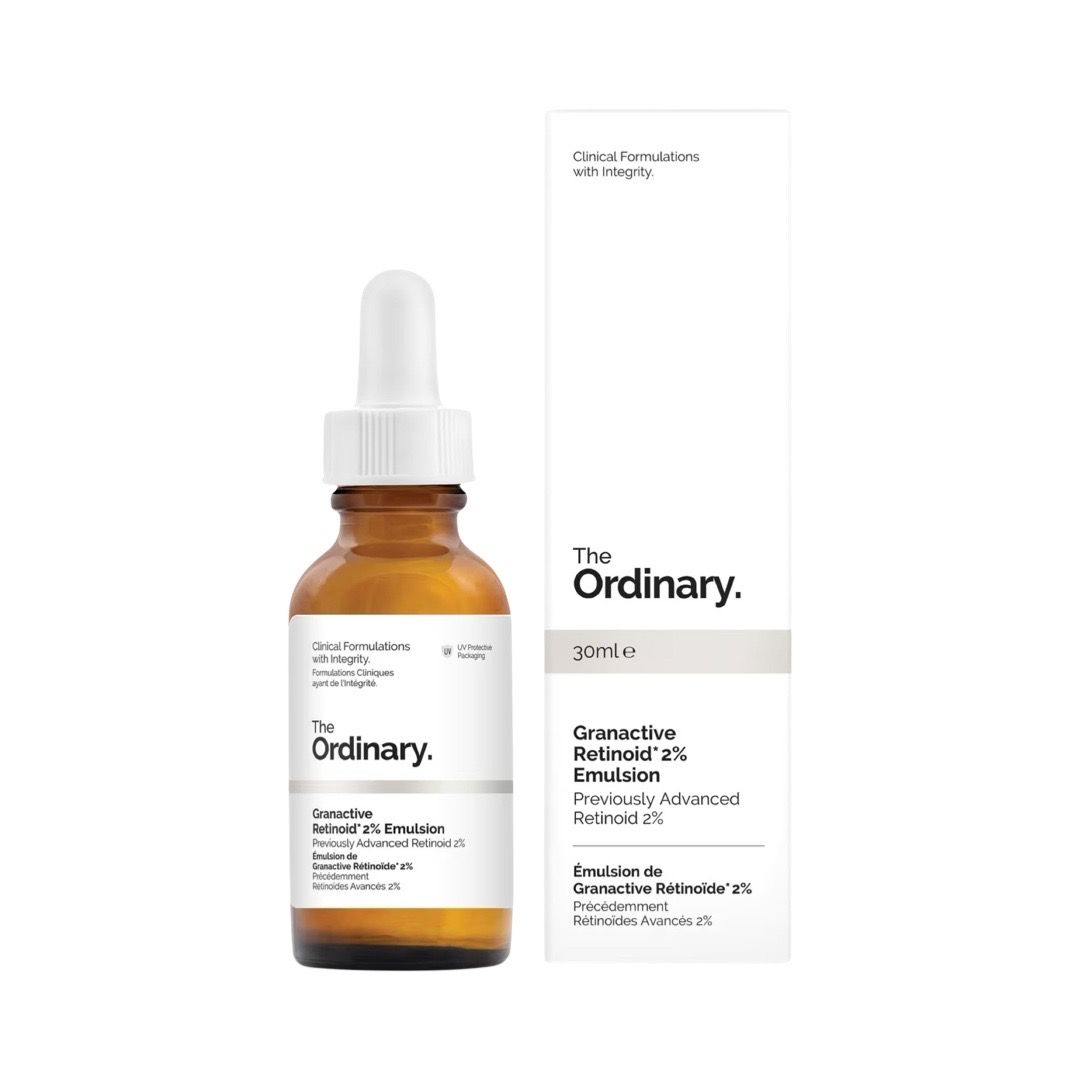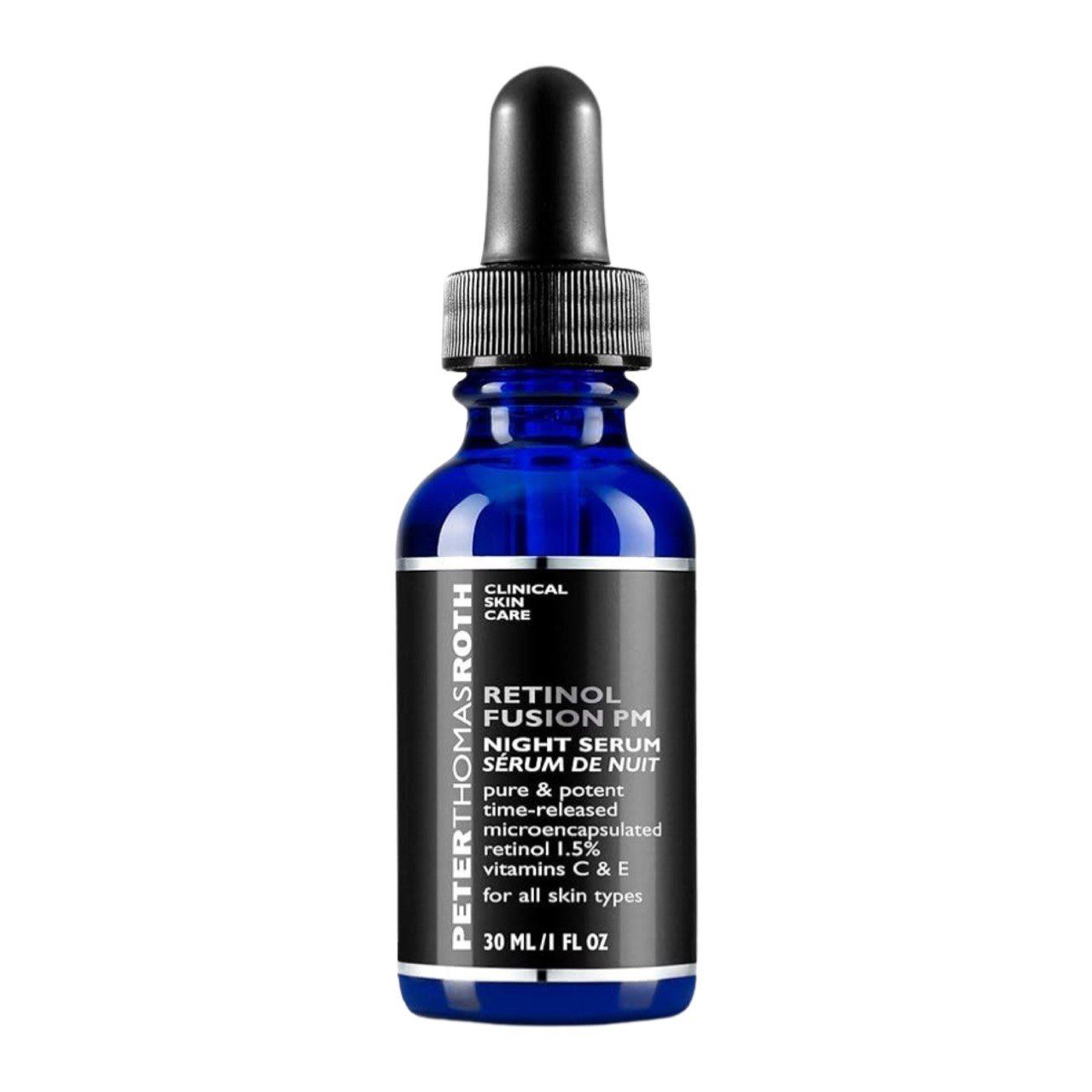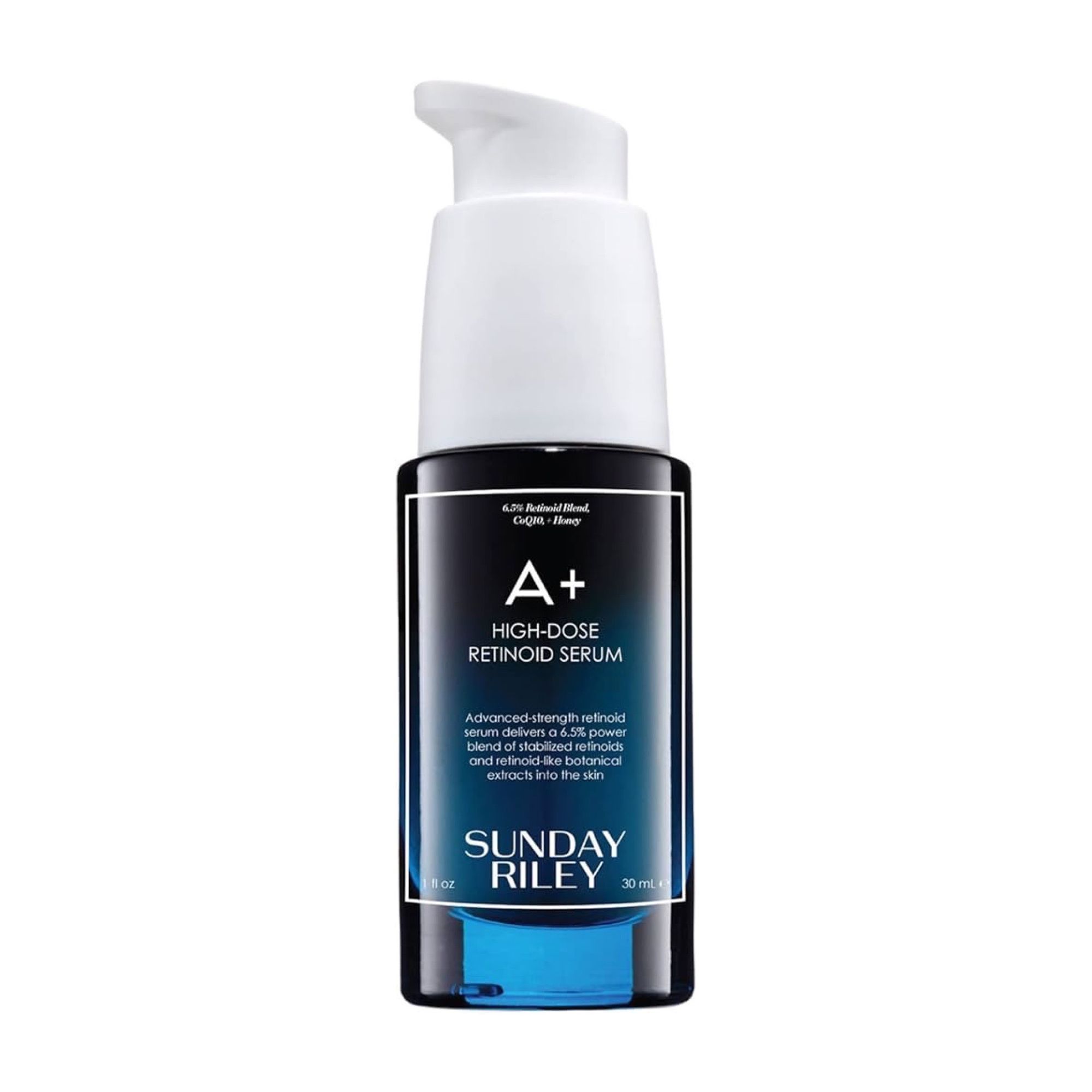The topic of “granactive retinoid vs retinol” can be confusing, even for advanced skincare enthusiasts. Both ingredients are vitamin A derivatives that eventually transform into retinoic acid. They are related but not the same. So, let’s learn more about the differences between them.
What is Retinol?
- Availability: Retinol is a potent form of vitamin A. You can find it in various skin care products like serums, creams, or oils in different price ranges.
- Strength: Retinol typically requires a lower concentration (0.025% to 1%) to be effective than granactive retinoid. At the beginning of treatment, some people may experience temporary discomforts like redness and flakiness, called retinization. This is a normal reaction as the skin must adapt to retinol. After several weeks of use, the unpleasant symptoms disappear.
- Stability: Retinol is less stable than granactive retinoid and can degrade, especially when exposed to heat and air. The manufacturers usually use it in the form of retinyl palmitate, which has a longer shelf life.
- Irritation: Rretinol can cause skin irritation, primarily when used in high concentrations or for people with sensitive skin. To minimize this reaction, you should use retinol products as directed and start with a lower concentration.
What is Granactive Retinoid?
- Availability: Granactive retinoid is a form of vitamin A called Hydroxypinacolone Retinoate (HPR), an ester of retinoic acid. Compared to retinol, widely available at different price points, granactive retinoid is usually found in higher-end products.
- Strength: Granactive retinoid is weaker than retinol; thus, it requires higher concentrations to be effective. It typically falls within the range of 0.1% to 10%. People with sensetive skin can safely use 0,1% granactive retinoid, while others can start with 2%. Those with more advanced skin concerns may try 5% to 10% specialized formulations.
- Stability: Compared to retinol, granactive retinoid is more stable. This means it is less likely to break down and lose its effectiveness over time, making it more reliable and consistent.
- Irritation: Granactive retinoid is a less irritating form of retinoid and can be tolerated by most people. However, it can still cause sensitivity in some individuals.
Granactive Retinoid vs Retinol
Granactive retinoid and retinol are both derivatives of vitamin A known for their collagen-boosting and exfoliating properties. The key difference between them is that granactive retinoid is a newer form of vitamin A that is more stable and gentler than retinol. On the other hand, retinol is more common and has been used for many years. Well, which one to choose? As always, the choice will depend on individual preference and skin condition. People with sensetive skin who want to reduce the appearance of wrinkles will be delighted with granactive retinoid. At the same time, those who struggle with acne or hyperpigmentation will love good old retinol.
Best Products with Granactive Retinoid

Compared to other products with granactive retinoid, this emulsion is super affordable! Alcohol- and fragrance-free. It has a creamy texture that sinks into the skin easily without a greasy feel. After continued use, you will see how it improves your complexion, renews skin plumpness, and boosts fresh appearance. Note this emulsion contains retinol, so that it may irritate sensitive skin. Be sure to do a patch test before using.

This high-end serum is just something magical! It contains a blend of microencapsulated retinol (non-irritating) and granactive retinoid to help reduce the appearance of fine lines and uneven skin texture. Besides, the formula has powerful antioxidants, like vitamins C and E, that prevent inflammatory damage after UV exposure. Essential oil-free. This serum has silky smoothness on the skin and provides a lot of extra moisture.

Sunday Riley A+ is a genuine youth elixir! Don’t you believe me?! Read hundreds of positive reviews on Amazon. Although the label states it is an advanced-strength retinoid blend, you don’t have to be afraid that your skin is going to fall off. The formula doesn’t dry or irritate at all and is gentle enough even for sensitive skin. We highly recommend it for aging skin because this serum can improve discoloration, smooth fine lines, and reduce pore size.

